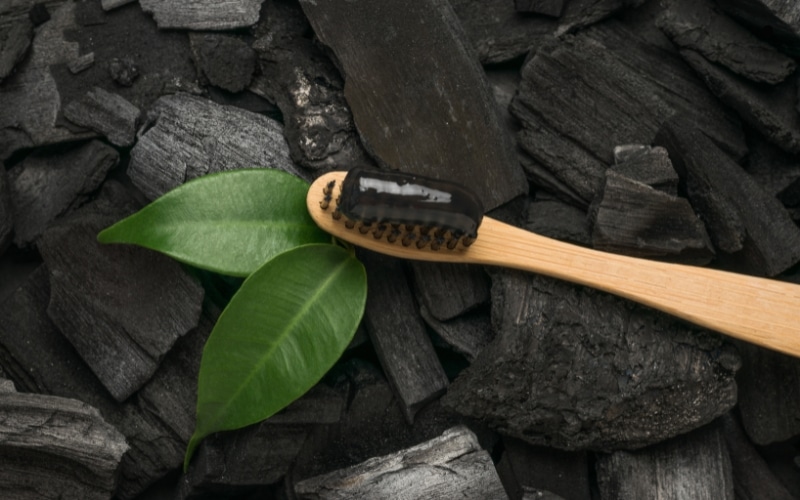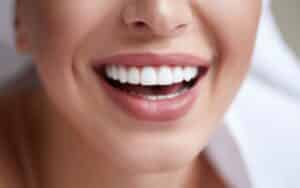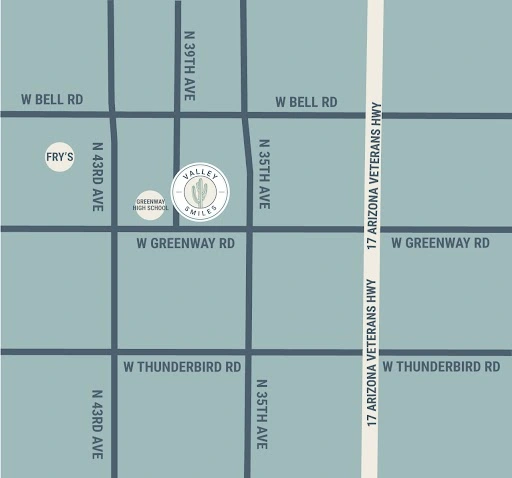Charcoal toothpaste has taken the oral care world by storm, with promises of whiter teeth and fresher breath. But is it all it’s cracked up to be? Before you jump on the charcoal bandwagon, let’s dig into the benefits and risks of this trendy product.
What is Charcoal Toothpaste?
Charcoal toothpaste is made from activated charcoal, a fine black powder made from bone char, coconut shells, peat, petroleum coke, coal, olive pits, or sawdust. This type of charcoal is heated to increase its absorbency, allowing it to bind with stains and plaque on teeth.
Benefits of Charcoal Toothpaste
Whiter Teeth
One of the most touted benefits of charcoal toothpaste is its whitening effect. Activated charcoal can absorb and lift surface stains, making your teeth appear whiter.
Fresh Breath
Charcoal is known for its ability to bind toxins and impurities. This can help remove bacteria from your mouth, leading to fresher breath.
Natural Ingredient
For those who prefer natural products, charcoal toothpaste is a popular choice. It often contains fewer synthetic chemicals compared to traditional toothpastes.
Risks of Charcoal Toothpaste
Abrasive Nature
While charcoal toothpaste can remove surface stains, it is also highly abrasive. Over time, this can wear down tooth enamel, leading to increased sensitivity and a higher risk of cavities.
Lack of Fluoride
Most charcoal toothpastes do not contain fluoride, a crucial ingredient for strengthening enamel and preventing tooth decay. Without fluoride, your teeth might be more vulnerable to cavities.
Potential Staining
Ironically, prolonged use of charcoal toothpaste can lead to grey or black staining on the gums and teeth, particularly if the toothpaste is not thoroughly rinsed away.
What Do Dentists Say?
Dentists often approach charcoal toothpaste with caution. While they acknowledge its whitening benefits, they emphasize the importance of using it sparingly. Regular use of charcoal toothpaste can erode enamel, so it’s best to use it occasionally rather than daily. Additionally, always consult your dentist in Phoenix AZ, before adding new products to your oral care routine to ensure they suit your specific needs.
Alternatives to Charcoal Toothpaste
If you’re looking for safer ways to whiten your teeth, consider these alternatives:
Whitening Toothpaste
Many whitening toothpastes contain gentle abrasives and safe whitening agents that can gradually remove surface stains without harming enamel.
Professional Whitening
For more significant results, professional whitening treatments can provide a safe and effective solution.
Good Oral Hygiene
Maintaining good oral hygiene through regular brushing, flossing, and dental check-ups can prevent stains and keep your smile bright.
The Final Verdict on Charcoal Toothpaste
Charcoal toothpaste can be a double-edged sword. While it offers some benefits, such as whitening and fresher breath, the risks may outweigh the rewards if used improperly. It’s essential to balance its use with other oral care practices and consult with a dentist to ensure your smile stays healthy and bright.
Embrace a Bright and Healthy Smile
In the quest for a dazzling smile, making informed choices about the products you use is crucial. Charcoal toothpaste may offer some benefits, but it’s not a one-size-fits-all solution. By understanding its potential risks and consulting with your dentist, you can find the best approach to achieve and maintain a bright, healthy smile.





